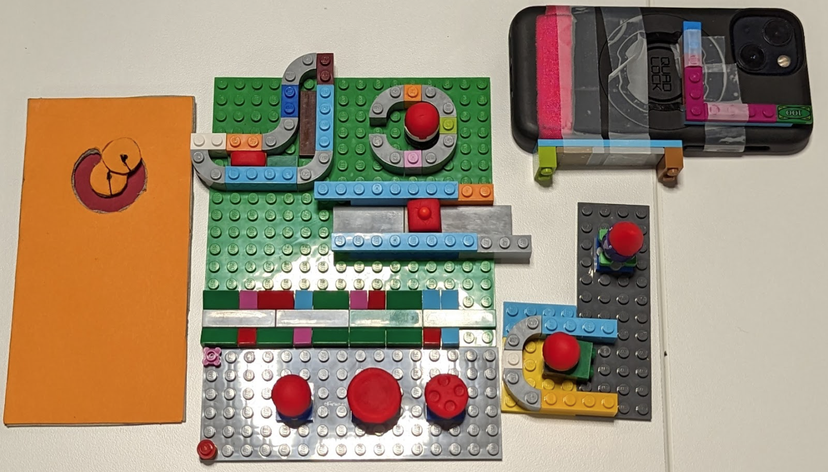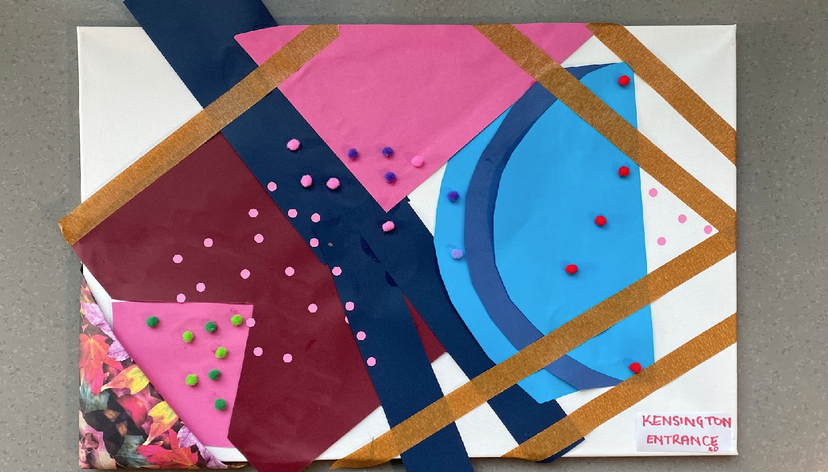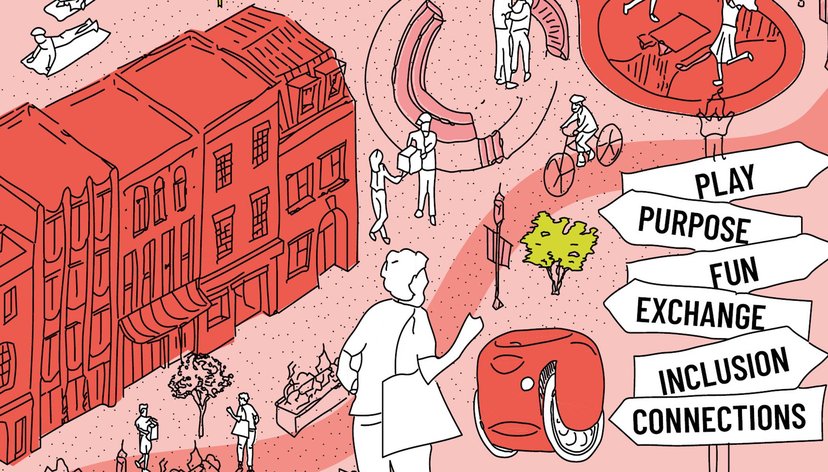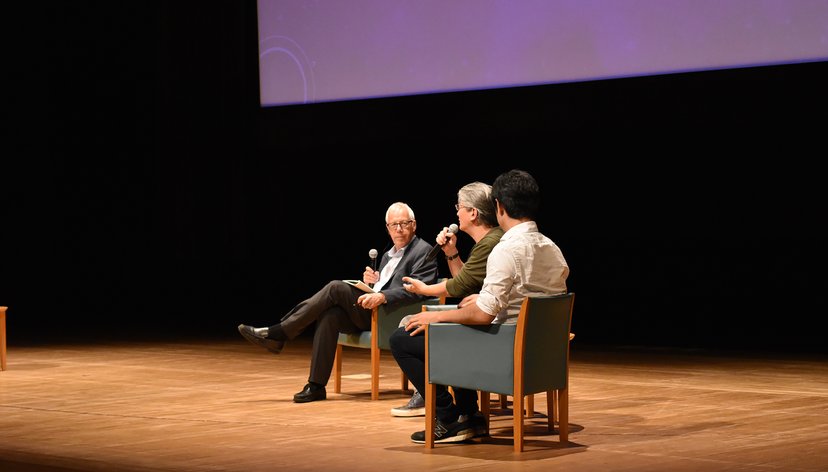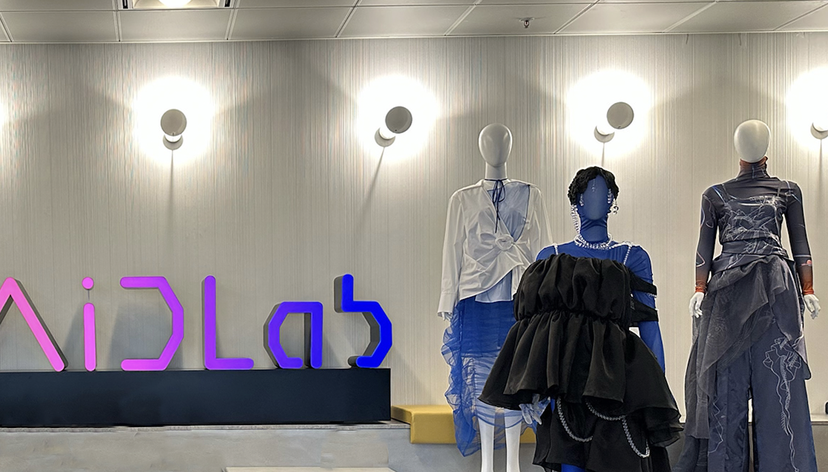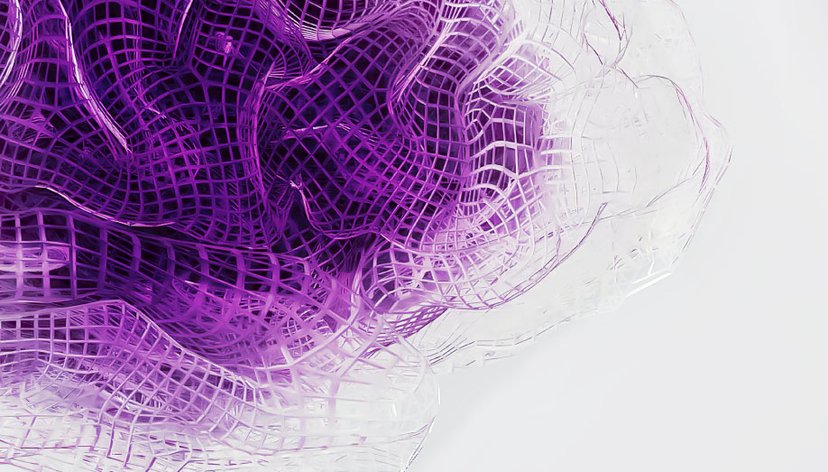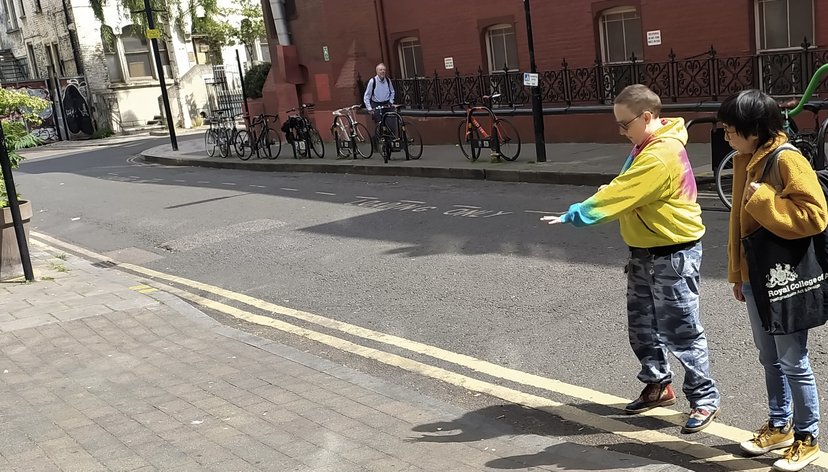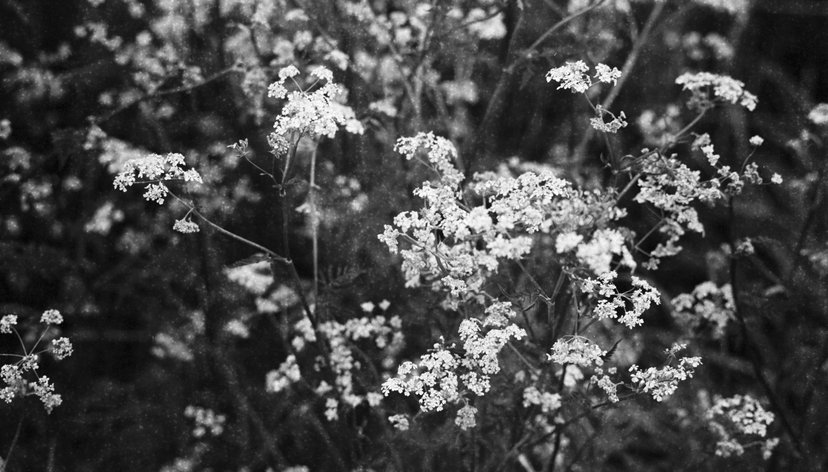
Believe in Us is a research project which brought people with learning disabilities and autistic people together with healthcare professionals and designers to co-design in an equal and inclusive way.

At a glance
- Healthcare services can be difficult for everyone to make sense of. They are even more confusing and overwhelming for people with learning disabilities and autistic people.
- We ran a series of Design Jam sessions (co-design workshops) which involved creative co-design activities to explore how healthcare services could be improved using the chosen themes; ‘Connection’, ‘Communication’ and ‘Being Heard.’
- The Design jams led to the development of two visual ice-breaker card games and a collection of videos that explored power and meaningful connection through music and the voices of the participants.
Key details
More information
The challenge
Healthcare services can be hard for anyone to make sense of. They can be even more confusing and overwhelming for people with learning disabilities, which can lead to a disproportionately high number of people with learning disabilities experiencing health problems.
For example, people with learning disabilities are less likely to access free health checks and some cancer screenings. Epilepsy is 26 times more common for people with learning disabilities than the general population (Health and Care of People with Learning Disabilities, Experimental Statistics: 2018-2019).
Discrimination and stigma mean that health needs may not be assessed and treated adequately. The absence of ‘whole person’ approaches mean that some health care professionals are unable to see real health problems and only see the disability or stereotypes relating to it.
What we did
Believe in Us brought people with learning disabilities and autistic people together with healthcare professionals to allow them to co-design in an equal way. The project wove creativity and fun throughout the co-design process.
The first year of the partnership focused on building relationships and exploring health and care experiences with people with learning disabilities and autistic people. Due to the Covid-19 pandemic, activities were largely conducted online.
The key activity was the monthly Creative Club. Each participant was sent an accompanying (paper) activity booklet that covered a range of topics within health and social care including journeys, objects, people, and places. The booklet was used as a focus for the sessions and people were invited to draw or complete the pages as appropriate for them
In the second year the project ran a series of Design Jam sessions (co-design workshops). The Design Jams invited people with learning disabilities, autistic people, and healthcare workers to collaborate and explore through a series of creative activities how healthcare services could be improved for them, using their chosen themes; ‘Connection’, ‘Communication’ and ‘Being Heard.’
Outputs
On the theme Being Heard, films were created which share what the group felt was important for us all to feel seen, valued and heard.
On the theme Communication, the participants explored ways to build trust and create better relationships, specifically within the care plan journey. Two playful games were created called You & Me and Palentine, plus a pre care plan appointment letter.
Lastly, on the theme Connection, a series of digital experiences were created. They aimed to show how a moment of connection around a shared interest, like music or art, can help develop and reinforce meaningful relationships in health and social care settings.
View the outputs in full here.
Believe in Us showcased meaningful and genuine participant-led involvement from the project's initiation to its conclusion. Individuals with learning disabilities and autistic people played a leading role at every stage - shaping the initial project brief, crafting consent forms, designing branding strategies, creating engagement activities, and going on to develop the outcomes. This model of engagement was genuine and eye-opening and in terms of process and outcome, Believe in Us has made a substantial contribution to inclusive design.


